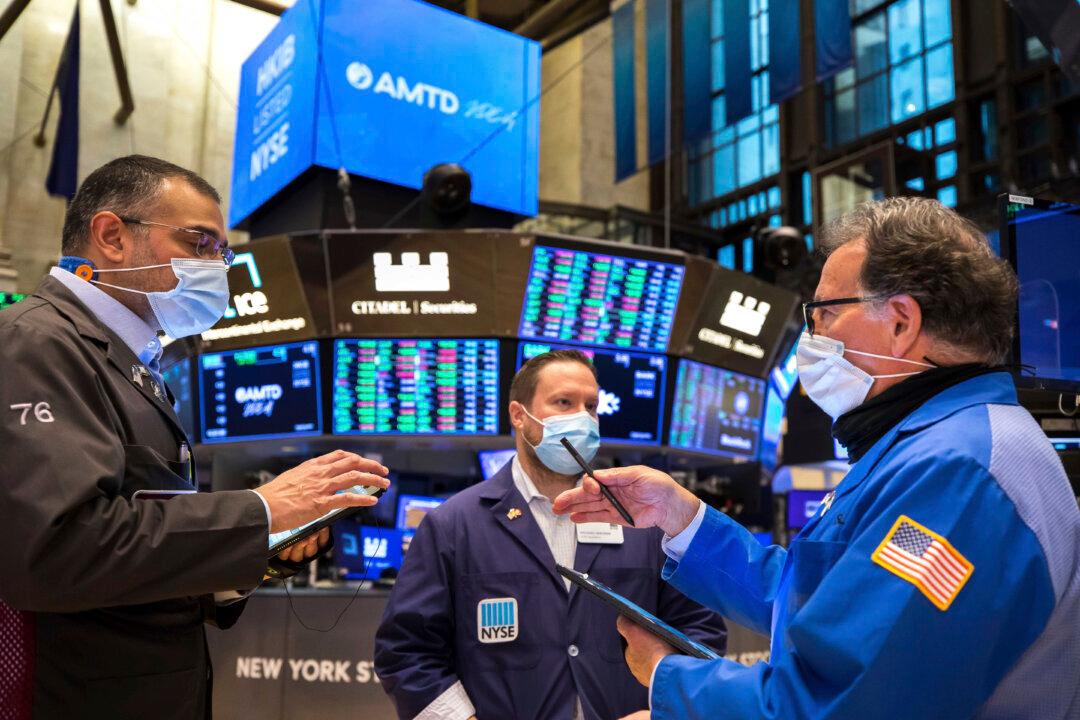A late-afternoon sell-off wiped out gains for stocks on Wall Street Thursday and sent major indexes deeper into losing territory for the year.
The sharp about-face for the broader market was once again directed by technology stocks, which have been behind choppy trading throughout the week. As investors prepare for higher interest rates, shares in pricey tech companies and other expensive growth stocks look relatively less attractive.





